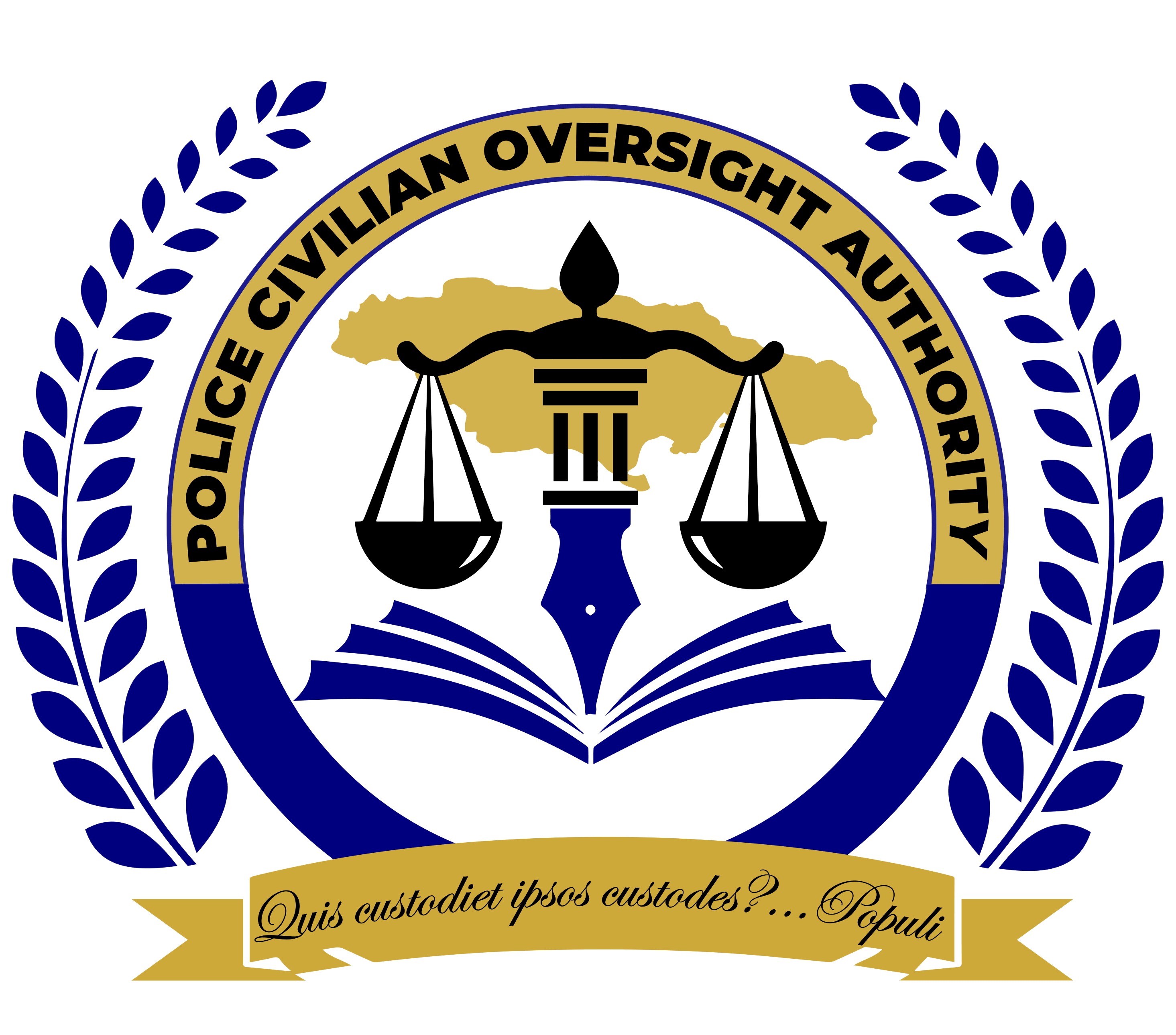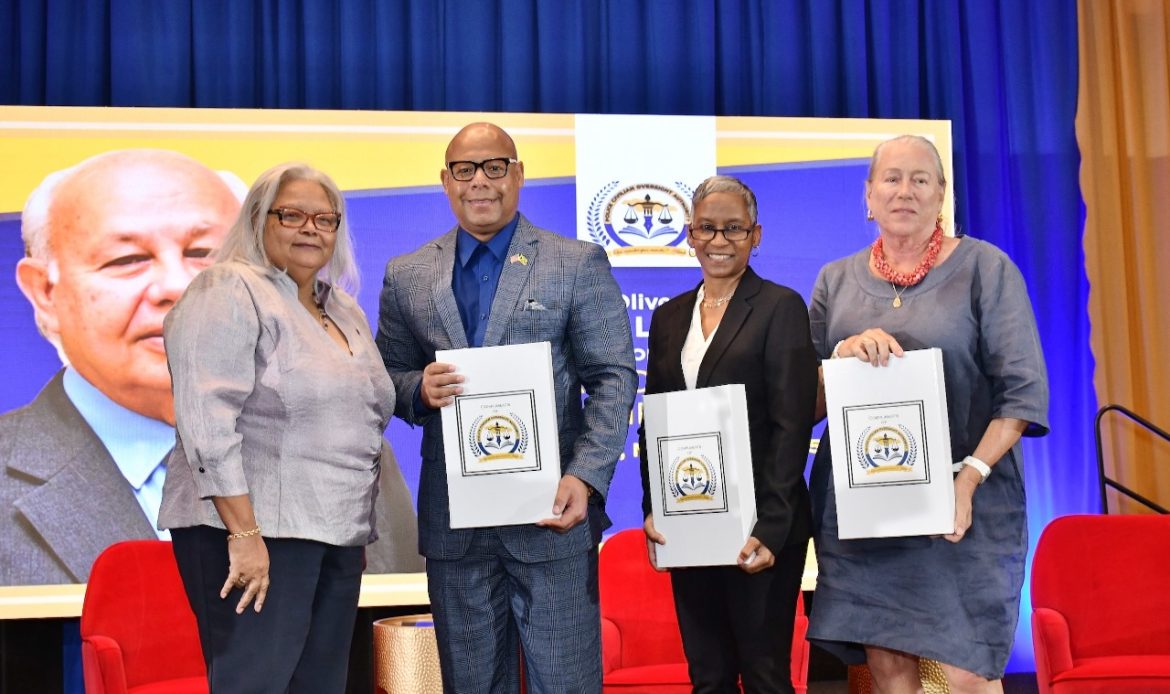POLICE OVERSIGHT bodies must help to address the root causes that shape negative interactions between law enforcement and civilians, Marcia Thompson, assistant professor in the criminal justice department at Aurora University in Illinois, the United States (US), has asserted.
Thompson, who was a guest lecturer at the inaugural Oliver F. Clarke Memorial Lecture on Civilian Oversight of Law Enforcement, held at The Jamaica Pegasus hotel in New Kingston yesterday, stated that “trauma exists on both sides”, which impacts the relationship between the police and the public.
The lecture was hosted by the Police Civilian Oversight Authority (PCOA), an agency of the Ministry of National Security, mandated to provide monitoring, inspecting, and auditing of the implementation of policies, standards, and procedures of the Jamaica Constabulary Force.
“What are we doing to talk about the historical and generational trauma that has impacted our communities that have led them to have mistrust of the police?” she quizzed. “What are we also doing with the police to talk to them about why they are triggered by our community members to the point where critical thinking has gone down and excessive force has gone up.”
Highlighting the importance of trust in policing, Thompson emphasised that community engagement and continuous training are key to fostering stronger relationships and building confidence.
“We have to bring community trauma into training and police trauma into our training in order to alleviate some of the negative perceptions that we have of each other that was built before we even started the jobs,” she said.
It is also important for the police oversight bodies to build collaborative partnerships with law enforcement while maintaining their independence, she said.
“It (oversight body) should be independent by authority but collaborative by nature … combination of independence, collaboration, and oversight is probably gonna be the best model,” she said.
FOSTERING A POSITIVE RELATIONSHIP
Recognising the often strained relationship between law enforcement and oversight bodies, Dr Shon Barnes, chief of police for the Seattle Police Department in Washington state in the US, said that law enforcement can benefit greatly from fostering a positive relationship with these oversight bodies.
“There is no question that there is a disconnect between police and the community that they serve. An independent oversight agency can be your mouthpiece for ensuring that everyone understands what you do and what you don’t do,” he said.
And declaring that “citizen participation and partnership with the police is no longer optional”, PCOA CEO Otarah Byfield Nugent said this is key to building a safer Jamaica.
“We all deserve, including our police officers, to live in a Jamaica where we feel safe. But this safe society cannot create itself. It may exist in our minds, but for it to come to fruition, it requires purpose, ownership and action. We create it, we must own it, and we must protect it,” she said.
The event, held under the theme Partnerships for Progress: Improving Policing Through Effective Oversight for a Safer Jamaica, honours the legacy of the late Oliver F. Clarke, former chairman of the RJRGLEANER Communications Group and a founding member of the PCOA.
Clarke was appointed to the PCOA with six others in 2006, following the passage of the PCOA Act of 2005. Throughout his tenure, he was instrumental in advancing civilian oversight of law enforcement in Jamaica.
Joseph M. Matalon, chairman of the RJRGLEANER Communications Group, said the lecture “underscores the enduring principles of accountability, transparency, and justice that he (Clarke) championed throughout his life”.
“We honour his vision of a society where power is exercised with responsibility and where the rights and freedoms of individuals are protected,” he said. “As we reflect on Oliver’s monumental contributions, let us reaffirm our commitment to the principles he held dear.”
The original article can be found here.

